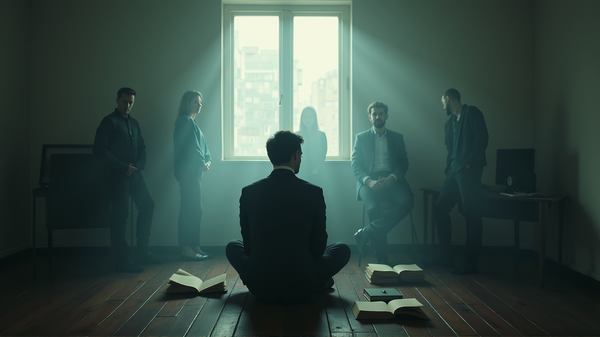The Unsettling Resurgence of Internet Censorship in Ethiopia
Ethiopia is another African country that ranks high on the list of countries with strict Internet censorship. There is little evidence of media censorship, but it also exists. Although things have changed in recent years, and the improvement of Internet access quality throughout the country has been slowly progressing, the country's government still controls this industry, which is probably why less than 16% of the population has access to the Internet. Mainly through Internet cafes and primarily in the country's capital, Addis Ababa.
Nine years ago, a simple 30-second Skype call could lead to a 15-year prison sentence in Ethiopia. Anyone in the country who uses illegal telephone communications faces up to 15 years in prison and heavy fines. A phone call over the Internet is punishable by 3 to 8 years' imprisonment plus a fine.
A system was installed to block access to the Tor network, which users browse anonymously and use to access blocked websites. Ethiopian authorities say drastic measures under the new law are necessary to protect the country against security threats. However, the law aims to restrict freedom of expression and access to information among the country's 85 million inhabitants.
Three years ago, the situation improved slightly, with positive reforms sweeping through Ethiopia. Freedom of speech has received a bit of "freedom," which is a very significant step for Ethiopia. Over the past decade, the Ethiopian government has violently blocked news sites, blogs, television stations, radio stations, and arrested dissidents. Three years ago, Ethiopia dropped charges against many bloggers, journalists, and opposition groups, released thousands of prisoners, and recently unblocked over 250 websites.
All media have been unblocked except for the HTTP version of oromiamedia.org. Most social media sites are accessible via Wi-Fi and mobile data, apart from Instagram. Instagram is available over Wi-Fi, but blocked for mobile communications.
However, 264 websites are still banned. By unblocking them, the Ethiopian government could end ten years of online terror.
The government needs to understand that the Internet and social media platforms do not equal the cause and incitement of violence. Most conflicts in Ethiopia take place on the ground. Yes, there are people who call for violence on the Internet, but there are also people who preach peace, report violence, repression, and other important things.




